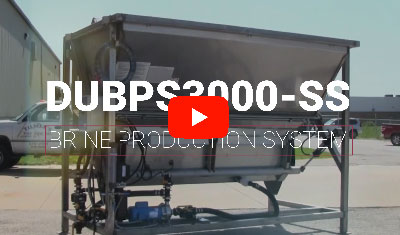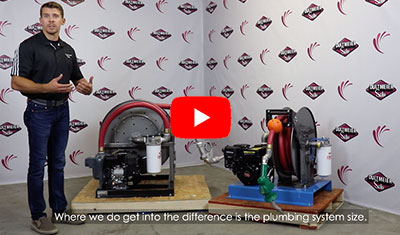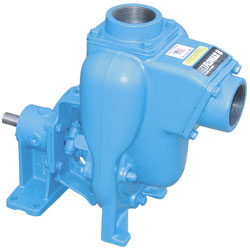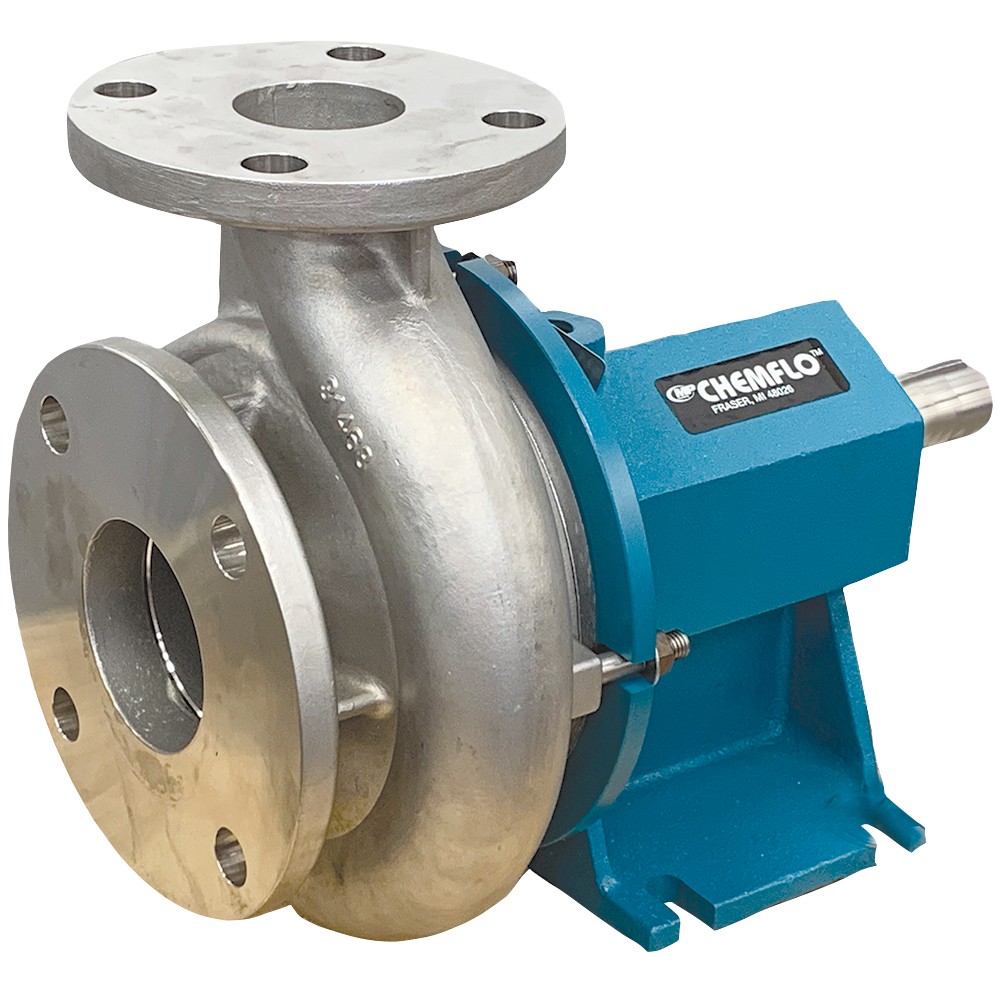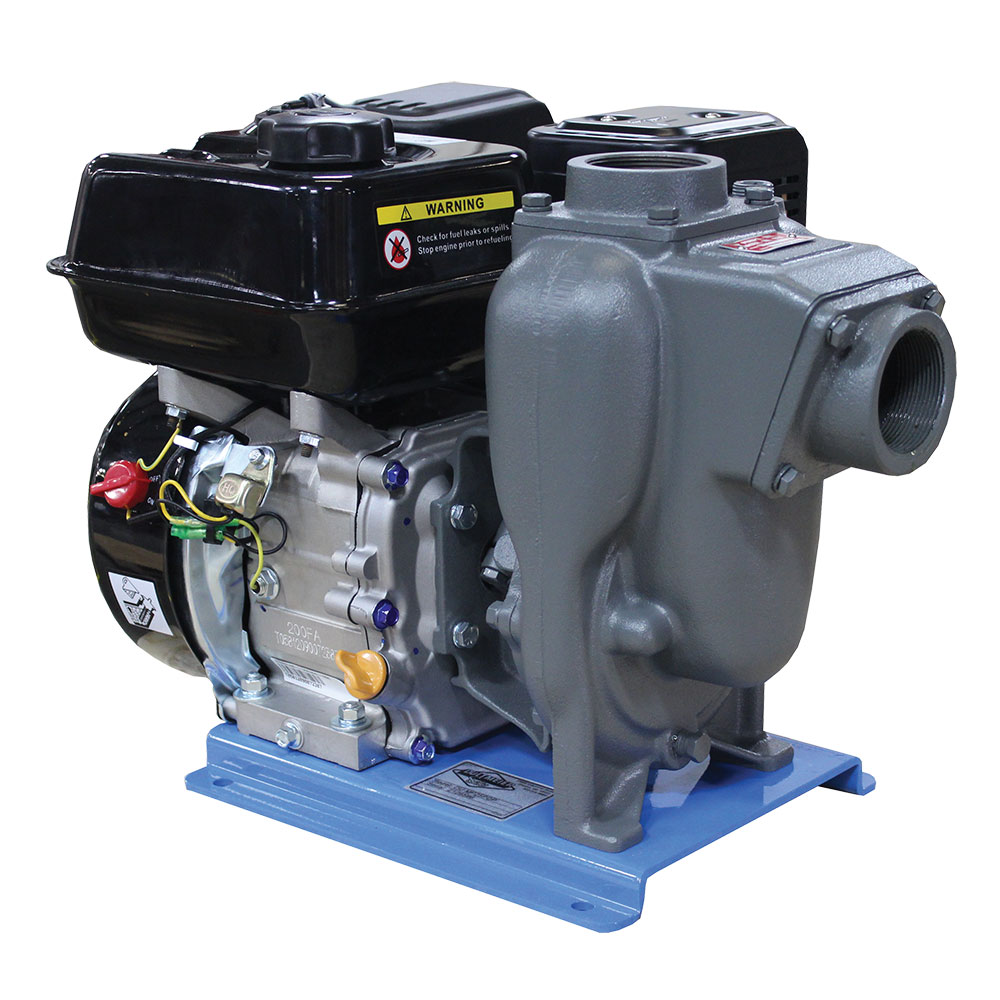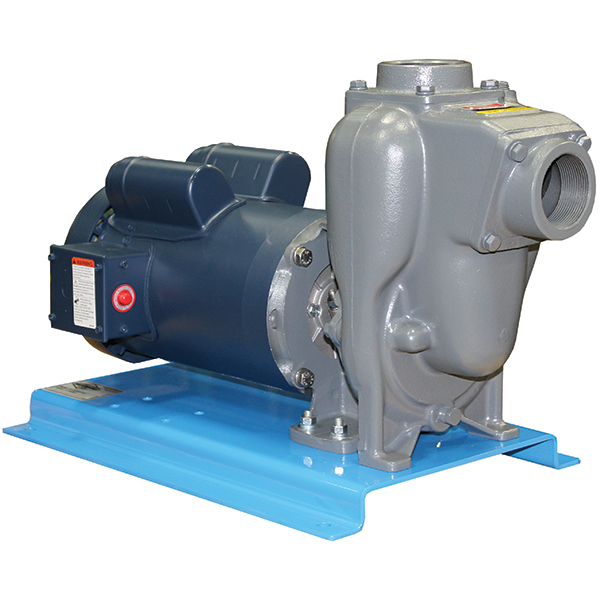Choosing the right pump can make all the difference in how smoothly your system runs, whether moving fertilizer, de-icing fluid, or pumping out a pit. One of the big questions people often ask is: which type of pump gives you the highest flow rate?
The type of pump designed to produce the highest flow rate is a centrifugal pump. These pumps are intended to handle large volumes of liquid at relatively low pressures. They work by converting rotational kinetic energy, often from a motor, into energy in a moving fluid, which creates a flow rate that can be very high.
If you're looking to move a lot of liquid quickly, the centrifugal pump is usually your best bet. Let's take a closer look at why these pumps are so good at handling large volumes with ease.
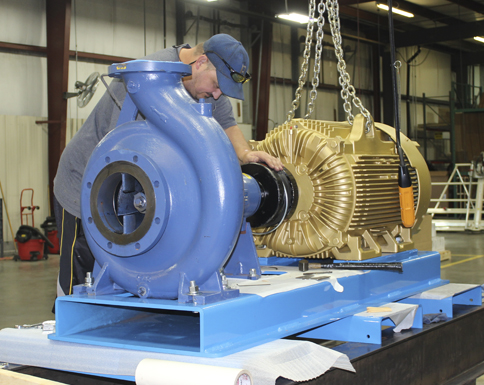
Why Centrifugal Pumps Excel in High-Flow Rate Applications
Centrifugal pumps are engineered to move as much liquid as possible in an efficient manner, making them the go-to choice when high flow rates are needed. Other pump types are designed to handle thicker liquids or to generate higher pressures, but a centrifugal pump's primary purpose is to transfer fluids that are relatively less viscous. Think water, fuels, fertilizers, and other flowable liquids.
How Centrifugal Pumps Work
Centrifugal pumps function by converting rotational energy into fluid flow, making them exceptionally efficient for high-volume transfer. You can read more on the specifics in our centrifugal pump guide. The short explanation is the heart of a centrifugal pump is the impeller. As the impeller spins, it imparts velocity to the fluid, pushing it outward from the center where the fluid enters, to the edges where it exits. This process creates a continuous, smooth flow of liquid.
High Speed Equals High Flow
The faster the impeller spins, the more kinetic energy is transferred to the fluid, resulting in a higher flow rate. This ability to maintain a steady, high-speed transfer of liquid makes centrifugal pumps ideal for applications that demand high flow rates.
Continuous Flow for High Efficiency
Unlike positive displacement pumps-such as gear pumps or piston pumps-that move liquid in cycles, centrifugal pumps deliver a continuous, non-pulsating flow. This is a significant advantage in applications where moving large volumes of liquid is essential, as it reduces turbulence and inefficiencies that can arise from intermittent flow. Because centrifugal pumps don't need to pause between cycles, they're more efficient for handling large volumes.
Scalability
One of the key benefits of centrifugal pumps is their scalability. These pumps can easily be adjusted to handle higher flow rates by increasing the impeller size or the speed at which the pump operates. This scalability is more straightforward compared to other types of pumps, where increasing the flow rate might involve more complex changes.
High Flow at Lower Pressure
Centrifugal pumps shine in applications where high flow rates are needed at relatively low pressures. While they might not be the best choice for high-pressure needs, their design is optimized to move large amounts of liquid with minimal energy input.
Flow Rate Capabilities of Centrifugal Pumps
The flow rate of a centrifugal pump can vary widely depending on the size of the pump, the speed of the impeller, and the specific design of the system. These pumps can achieve flow rates ranging from a few gallons per minute (GPM) to several thousand GPM. For instance, centrifugal pumps used in large-scale agriculture can easily move hundreds of gallons in a minute.
Common High-Flow Centrifugal Pump Applications
Railcar Unloading
Centrifugal pumps are ideal for transferring liquid fertilizer from railcars to storage tanks. In many scenarios flow rates of over 1000 gallons per minute are possible.
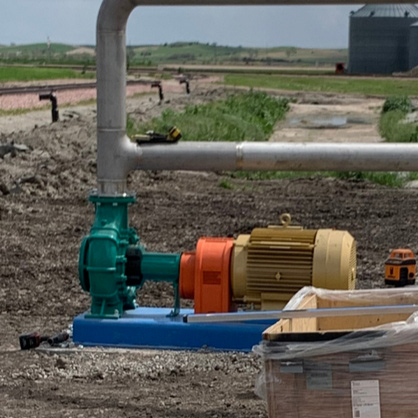
Dewatering
Centrifugal and submersible (a type of centrifugal pump) are ideal for moving water from construction sites, drainage pits, or any location where excess water accumulation could interfere with operations.
Industrial Cooling
In cooling towers, the volume of water that needs to be circulated is immense. Centrifugal pumps are ideal for this purpose due to their ability to handle high flow rates. These pumps ensure a continuous and reliable flow of water through the cooling tower.
Industrial and Manufacturing Processes
Centrifugal pumps are essential for the precise and reliable transfer of raw materials, intermediates, and finished products. Additionally, when precise flow control is needed, these pumps can be paired with variable frequency drives (VFDs) to adjust the flow rate accurately.
You can read this beginner guide to sizing a centrifugal pump. Also, Dultmeier engineers have several combined years of experience sizing pumps according to the specific needs of several high-volume applications. Be sure to contact us if you have any questions.
Factors Affecting Flow Rate
Several factors affect the flow rate of a centrifugal pump, including:
- Pump Size: Larger pumps with bigger impellers can move more liquid per rotation, increasing the overall flow rate.
- Impeller Design: The shape and size of the impeller blades, along with the speed at which the impeller rotates, play a crucial role in determining the pump's efficiency and flow rate.
- System Head: The height and resistance the liquid must overcome (referred to as 'head') can impact the pump's performance. Centrifugal pumps are more efficient at lower heads, making them ideal for applications requiring high flow but not high pressure.
If you would like a more detailed explanation of system head and flow rates, be sure to read our guide on centrifugal pumps written by in-house engineer Tom Hansen.
Selecting the Right High-Flow Pump for Specific Applications
Although a centrifugal pump is the best pump type for high-volume transfer of several fluids, in some scenarios a centrifugal pump may not be the best option. Thicker fluids may require a gear or diaphragm pump. Applications that require high-flow and higher pressures such as hydro excavating or sewer jetting, will need a different type of pump.
Here are some common applications where a centrifugal pump may not be the best option and which pump types can offer the highest flow rate in each scenario:
Tree Spraying: While a centrifugal pump offers enough volume, spraying tall trees requires more pressure than they can deliver. This is where high-flow diaphragm pumps come into play. They can deliver flow rates ranging from a few gallons per minute to over 100 while producing pressures from 250 psi and more.
Liquid Feed Transfer: The combined viscosities and occasional cold temperatures of many liquid applications require a gear pump for high-volume transfer. Centrifugal pumps work in some scenarios but are limited when handling thicker, more viscous liquids like molasses.
Learn more in our guide on how a gear pump works.
NH3: Vane pumps are used for high-volume transfer of anhydrous ammonia. Centrifugal pumps can struggle with the low viscosity and high vapor pressure of NH3, leading to issues like cavitation, reduced efficiency, and potential pump damage.
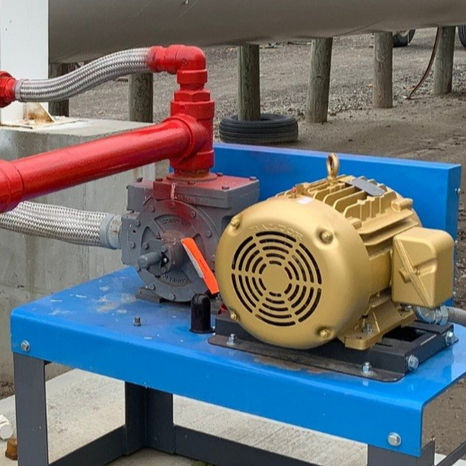
High-Pressure: Applications requiring higher pressures (think 1000 PSI+), and large volumes of fluid typically require plunger pumps or piston pumps. Pumps producing high-pressure and high flow rates do have significant horsepower requirements.
12-Volt Power: 12-volt motor pumps are available for applications where only 12-volt power is available. The flow rates that can be achieved by these pumps are limited to a maximum of about 20-25 gallons per minute. This is only achieved at very low pressures, about 5 PSI. There are 12-volt pumps that produce 1-5 GPM at much higher pressures, typically 40-60 PSI, making them much more versatile for low-volume applications.
Final Thought
Centrifugal pumps are the top choice for high-flow applications, efficiently moving large volumes of low-viscosity fluids at lower pressures. Their scalability and continuous, smooth flow make them ideal for industries requiring reliable, high-volume liquid transfer.
If you need help selecting and sizing a centrifugal pump you can reach out to our team. Our engineering department can provide flow analysis and expert guidance!


